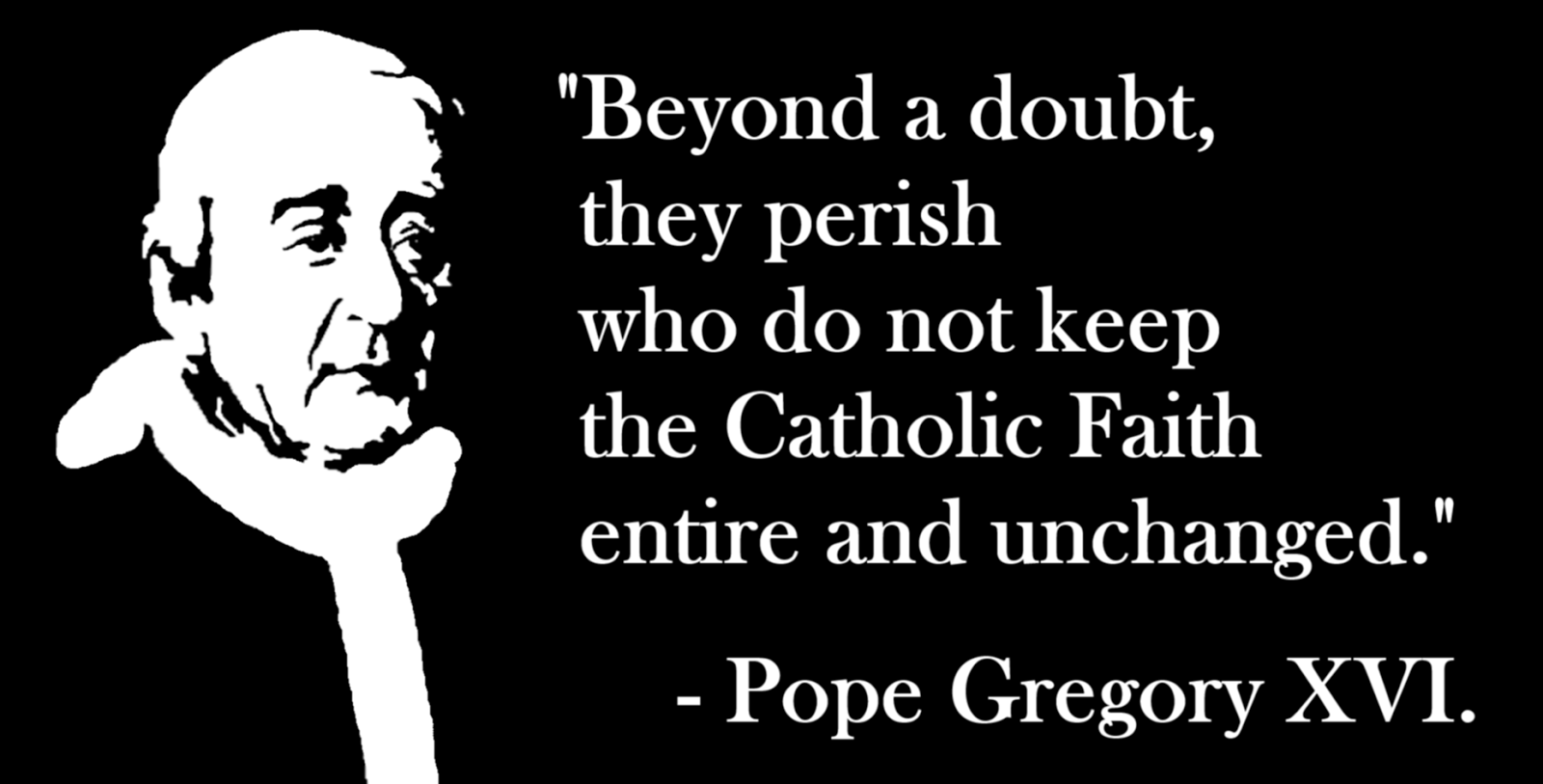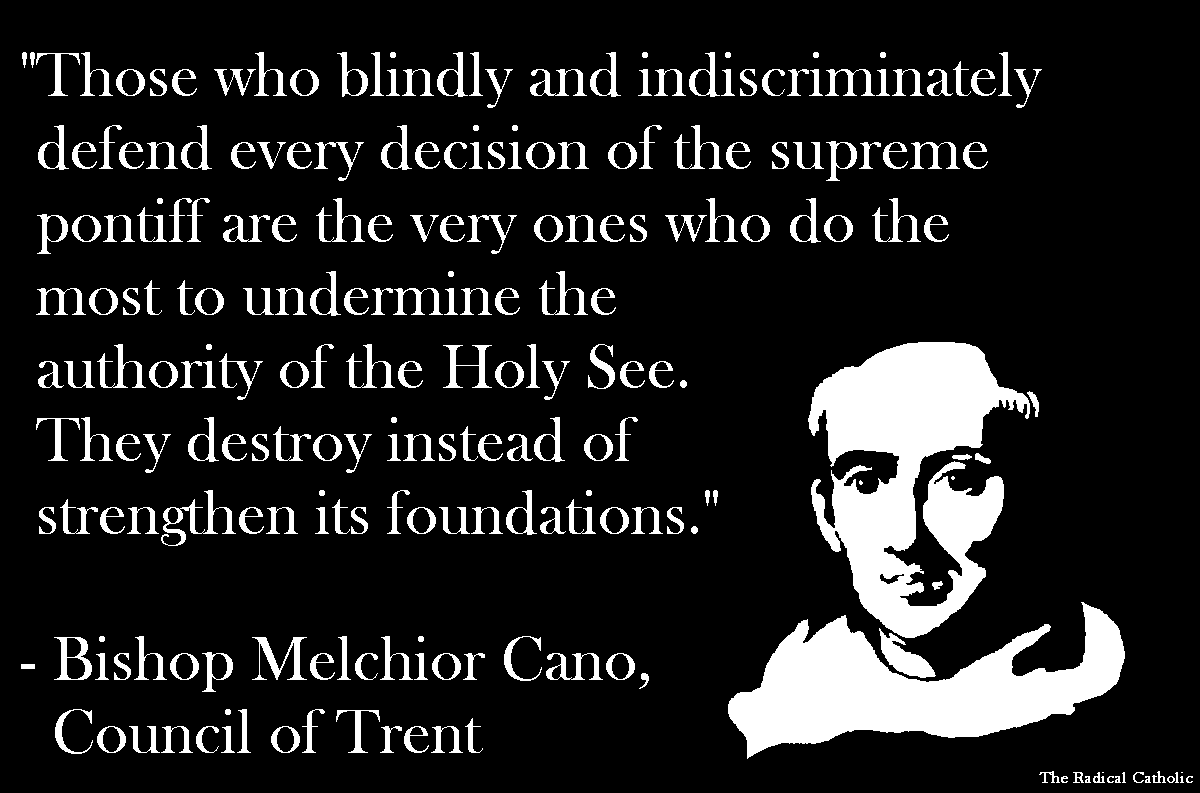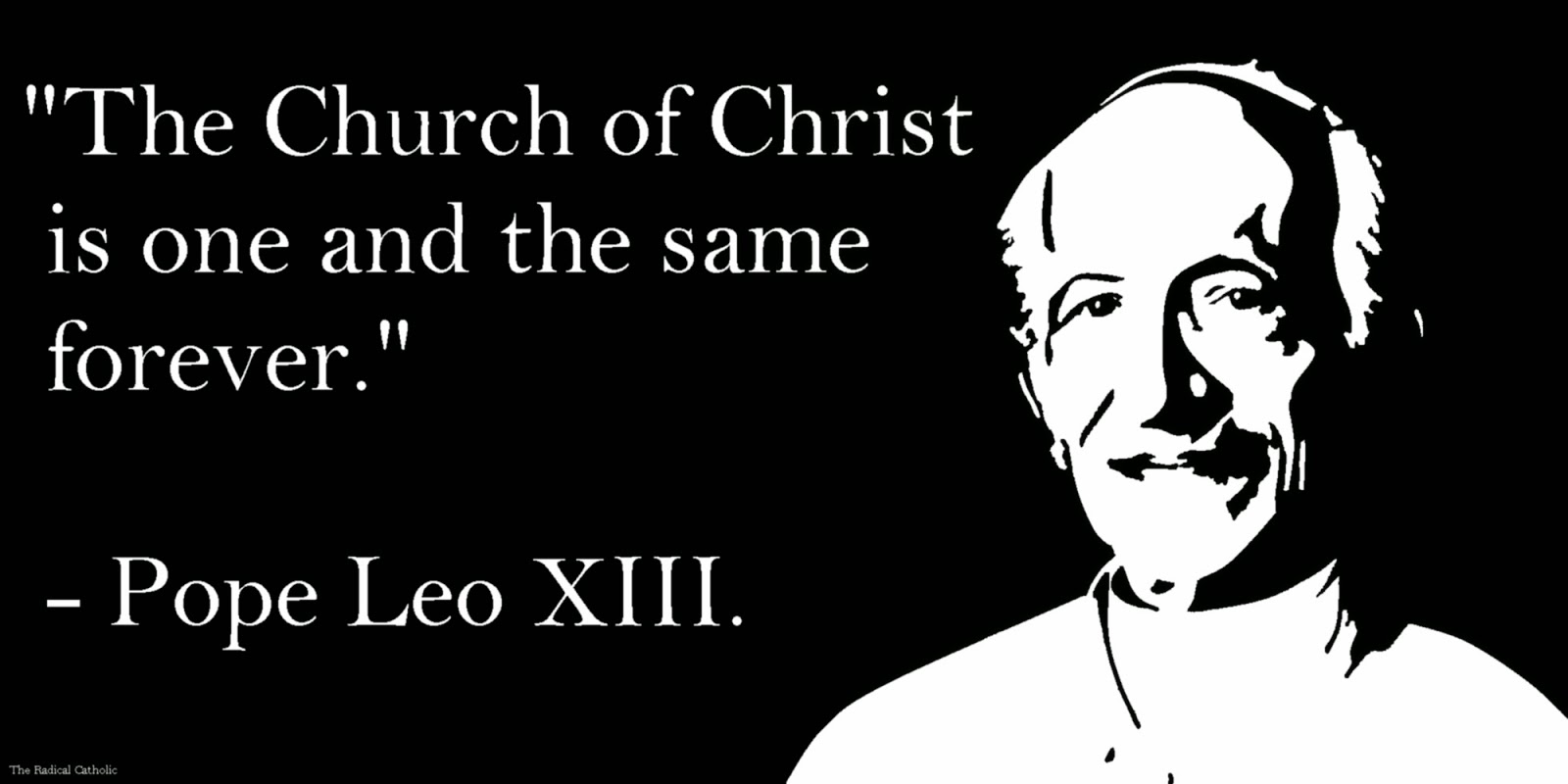The following article, published on December 29, 2014 in the Frankfurter Allgemeine Zeitung, one of the largest and most reputable newspapers in Germany, is causing something of a stir in the German Catholic community. The author, one Markus Günther, pulls no punches in his stark portrayal of the current situation of the Church in Germany - one which is found in many places in the western world. Though the article is somewhat long, I highly recommend it - so much so, that I gladly took the time to translate it from the original German. I present it below, in its entirely and without comment. -RC
***
Church in Crisis: Diaspora Germany
by
Markus Günther
 |
| Dresden, Germany (1945) |
On the night of December 13, almost exactly 50 years ago to the day, a student named Franz wandered through the streets of Münster. He could not sleep. He was too upset by the homily he had heard in the cathedral earlier that evening, delivered by a young priest and professor only a few years older than himself, which interpreted Advent and Christmas in an entirely different, even revolutionary way: the old doctrine, according to which human history falls into a time of darkness and a time of salvation - namely, into the time before and the time after the birth of Christ - is one which no one today can take seriously, said the young theologian. Who, after the World Wars, after Auschwitz and Hiroshima, could still speak of the 'Time of Grace' which began 2000 years ago in Bethlehem? No, the dividing line between the darkness and the light, between captivity and salvation, does not divide history, but rather our own soul. Advent is not an event which takes place in the calendar, but rather in our hearts - or it founders there fruitlessly. That's strong stuff, and one can easily understand why the young student had trouble finding sleep after this homily, and instead wanted to be alone to think it all through.
Today, both the student and the priest of this memorable evening in Münster are old men: Franz Kamphaus, who suffered that sleepless night, and Joseph Ratzinger, the 37-year-old academic rising star who was shaking up students of theology. It is remarkable how the lives of these two men crossed paths for the first time. In retrospect, these two names - Ratzinger and Kamphaus - stand for two paths in Germany which, though they need not be labelled as 'right' and 'left,' were nonetheless quite divergent. Both attempted to preach Christianity under a different set of circumstances and to somehow translate it safely into the modern world - and they fought bitterly over the true and false compromises being made in the relationship between Christ and the World. And now, at the end of life and despite the distances separating them, the two men remain connected through a shared result of failure: Christianity in Germany is ideologically bankrupt.
Neither the humble, charming manner of Kamphaus nor the clever theology of Ratzinger, who helped to govern Germany from Rome, could change that fact. Not even a German Pope - who then, less than 20 years after the war, would have even considered such a thing possible? - could reanimate Christendom in Germany. Other than a bit of national pride and a few pleasant snapshots, nothing remains of the German pontificate. Kamphaus and Ratzinger, Modernists and Traditionalists, eager reformers and stolid conservatives: all stand before a common shambles in Germany.
Of course, one could deny it all. One could say that Germany is still a Christian country, because nearly two thirds of all Germans belong to one of the two major churches; because German children, even those on public schools, are instructed in religion; because there are crosses hanging in our courts and classrooms; because the Church does valuable work in kindergartens and hospitals. Even in the Preamble of the Constitution, there is still a reference to God, and the Chancellor called upon the aid of God while she swore her oath. And Germany is not a Christian country?
Yes, the historic backdrop is still there, and it is surprisingly well conserved. In many respects, however, the Church in Germany today is comparable to the German Democratic Republic [GDR; Communist East Germany (1949-1990)] in its later days: it looks stable, but it stands on the verge of collapse. And, like in the last days of the GDR, many officials are fooling themselves. Pastors and bishops, as well as many active parishioners, see blooming landscapes where there is nothing but desert. Love, as they say, is blind. And where existential threats are concerned, a calculated optimism often clouds a sober view of reality.
Shiny new facades and robust structures assist the work of self-deception: there are ca. 45,000 churches in the country and most of them - structurally speaking - are sound. This year, the Catholic Church and the Evangelical church in Germany has taken in more money than ever before. German church music is the best in the world. There are still 44,000 Catholic weddings and 225,000 Evangelical confirmations every year. What crisis? All that's missing is the argument that the churches are the second largest employer in Germany, offering more than a million people secure jobs - and the Church has finally arrived at a level of legitimization equaled only by the local garbage dump.
Only a Church which is a community of faith, and not merely an employer or a pillar of the social system, can be taken seriously. And precisely that - the common faith - has largely vanished into thin air. That only a third of all German believe in the Resurrection of Christ should be a cause for concern in the Church, especially given that, according to the files, two thirds are Christian. But it's much worse: even among the faithful, core elements of the Christian message are widely rejected. 60 percent do not believe in a life after death. At the same time, one in four Germans believes that black cats bring bad luck. More people between Flensburg [in the extreme north] and Oberammergau [in the extreme south] believe in UFO's than in the Last Judgement. Welcome to Diaspora Germany.
Just how little confessional affiliation still has to do with faith was revealed by a survey conducted by the Allensbach Institute for the Catholic Church. The results were so devastating, however, that they were never published. To the question, 'Why are you Catholic?' 68 percent gave the answer: "Because it allows one to celebrate the important events of life in the church, such as weddings and baptisms." The refreshing honesty of the second most common answer is no less admirable: "It's just what you do; it's a family tradition." Its is obvious that these cannot be considered religious, but merely cultural, social reasons. Most pastors on location can confirm the findings: the Church works best when it promises a fabulous celebration. A wedding in white, often in a strange but imposing church, is still very much in vogue, as are pictures of children in white for their First Communion or young adults in dark suits for Confirmation. One in three of those receiving Confirmation, however, doesn't even believe in God. The comparison with the GDR rears its head again: even after socialism had gone bankrupt, Youth Consecration [a secular coming of age ceremony practiced by all 14-year-olds in the GDR] remained in high demand. It even survived the demise of the GDR and, while emptied of its overtly socialist content, is still celebrated. Many worship services, too, are today such exclusively cultural events (e.g.: weekly meeting place, annual folklore, family reunion) that even after a conclusive proof for the non-existence of God they could continue to be celebrated.
The autumn of Christendom in Germany has begun. The Church Tax will either be eliminated as a result of political pressure or ultimately run dry by 2030; the last socialized and actively Christian generation will soon be exiting the workforce, and dead within three decades. Then the facade of the Church, too, will crumble. Behind it, a minority will become visible - a minority not much larger than the community of Jehova's Witnesses.
At the same time, a veritable renaissance of religion is proclaimed by the media every few years - preferably at Christmas time. Journalists and sociologists convince themselves that they have discovered a trend: a harking back to Christian roots, a new generation's search for meaning, a 'Benedict' - and, most recently, a 'Francis'- Effect. Truth be told, there is no data to support such a trend. The numbers are moving steadily in one direction: down. In 2013 alone, Mass attendance in the Catholic Church dropped by 10 percent.
There is no harking back to religion. Interestingly, however, the number of atheists has hardly budged. One might, after all, be tempted to think that the drop-off in Church attendance would correlate with a significant uptick in atheism. There is no such correlation. Even those who are at ends with traditional religions are not satisfied with the explanation that there was once nothing which exploded in a Big Bang, bringing the universe into existence; that mankind - and each and every person - was brought about through evolutionary chance; that the world consists of nothing other than what we can see, measure and understand; that everything ends with death. The question of whence and whither, the question of God is part and parcel of man. In decisive moments - such as those touched by illness and death, by the inscrutable in one's own life, by guilt and failure, hope and mourning, and, not least of all, by the experience of love - the question of God poses itself to the human consciousness. Karl Rahner once said: "Even if, one day, every religion were to disappear and even the word 'God' were to be completely eradicated, then someone would simply invent the word anew to describe the nameless mystery of our existence."
For the vast majority of people, whether in or outside the Church, the question of God remains a life-long issue with which they never really come to terms. The vicissitudes of life are also reflected in the biography of faith. Resolute atheism is the exception; a vague, often diffuse faith is the norm today. One could also say: they still exist in large numbers - the seekers and doubters who are asking about God and who are looking for answers - but the churches are reaching them less and less.
But why are the seekers no longer finding guidance? Why are the supply and demand no longer jibing? The most popular answer to this question is: because the Church is no longer relevant to the times. She must conform more closely to the realities of the lives of modern people. Initially, that sounds plausible, but under closer scrutiny reveals itself to be idiocy. For the Evangelical church in Germany has done nearly everything which is being demanded from the Catholic Church in order to become more relevant to the times: women priests, the elimination of celibacy, liberality in moral theology, the complete acceptance of homosexuals and the divorced. If these were the real reasons for the malaise of Christendom, the Protestants should be far better off than the Catholics. But that simply isn't the case. A second error in thinking is introduced by the popular buzzword "relevant to the times" [German: zeitgemäß, which can mean "modern," "suitable," or even "appropriate," and often carries all of these shades when applied to the Church]: Wherever the Church does not base herself upon timeless, incontrovertible truth, she reveals herself to be purely man-made. Political programs should be "relevant to the times," entertainment programming, too; but a religion must take command of absolute truths - or it is no religion at all.
On the contrary, both churches in Germany - not always officially, but de facto, in practical life - have already long ago abandoned central doctrines of the faith. In the attempt to avoid offending people and make access to the faith as easy as possible, a good deal has been laundered as if with fabric softener: Jesus, Son of God, has been reduced to Jesus, an exemplary man, like Buddha and Gandhi. The Resurrection of Christ has been reduced to a legend which is not to be taken literally, but rather in the sense of "who has love in his heart never dies." The lowest common denominator of the preaching often consists of nothing more than feel-good prose which should be acceptable to as many people as possible and for precisely that reason comes off as arbitrary. Peace on earth, more justice for all, being less egotistical - every group of halfway decent people can agree on that. Besides, an appeal from UNESCO or Greenpeace doesn't sound much different. Why should God be any different?
When the churches are all full - at Christmas, that is - everything is quite festive, but the spark of faith rarely catches fire. Many visitors wonder - both at the church and themselves. What were they actually looking for? And why didn't they find it? Of sacred acts there is very little to notice. And if the spiritual nomad finds himself at a more tradition-oriented liturgy, the result is no better, for the stranger is all the more strange here, and turns away all the more baffled. Liturgy assumes a good deal of knowledge; otherwise, one sees nothing more than ballyhoo and mumbo-jumbo.
Perhaps the person of today, with all his enlightened cleverness, occasionally stands in his own way. Faith requires a pinch of naivete, the readiness to give up control and open oneself to the Incomprehensible. Groping and hoping. No wonder that many find this increasingly difficult in a world which is set upon industrially reorganizing the last untouched domains of being: sexuality, love, birth, death. Total control, complete autocracy over one's own life is in trend. A more inhospitable breeding ground for faith is barely conceivable.
And yet, the churches themselves have done their fair share to destroy piety and the naivete of faith - or better: the immediacy of religious imagery. The storm against traditional forms was born in many minds. Perhaps this is the most calamitous development of modern theology: the desire to loose the content from its images, to abstract the faith and thereby to trust that modern man can accomplish more with a concept than with an image. A delusion. A faith without images is an ideology, and an ideology is judged in the mind of the individual and by the spirit of the times. An image remains an image: it challenges, fascinates, irritates, is accepted or rejected - but it proclaims itself. He who destroys images leaves nothing of the content. He who no longer wants to conceive of God as a Person, but rather as an abstract Being, as an Energy or Force, such a one will also thereby lose his faith. Every human relationship - and faith is precisely that - requires as its counterpart a living person.
(Original: German)



















